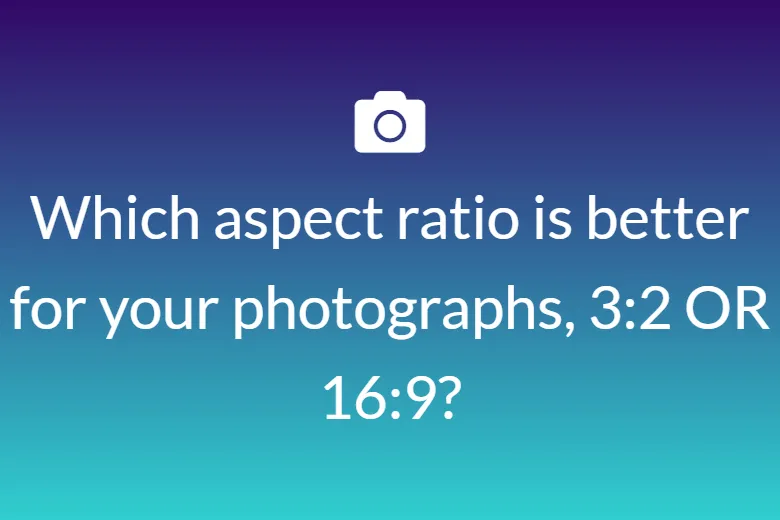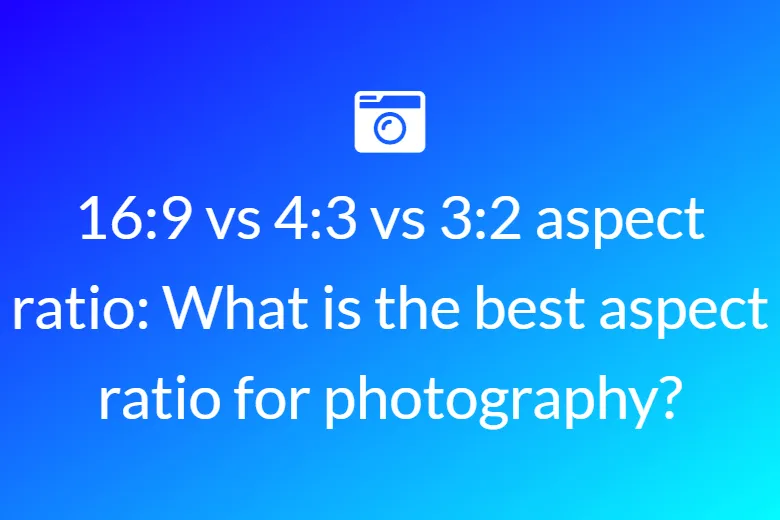The English language is the international language. There are more English speakers who learned the language as a second language than native speakers. It’s fascinating!
Every day, new terms are added to the English vocabulary, increasing the possibility of greater word originality when producing an essay. There are numerous words to choose from. New words, nouns, words that have meaning but sound unusual to the ear, words that aren’t very popular but are very hip, and a variety of other words are all used to clarify our message and start an engaging discourse.
To make your articles more fascinating and significant, you can utilize a variety of wired words and unusual nouns. But first, let’s look at the definitions of these terms.
A random word is one that is chosen at random from our word generator’s library of words. It’s a word that you have no knowledge of or control over appearing, thus you can’t influence it in any way.
Weird Words at Random:- Strange or unusual is what someone means when they say weird. Something one is not accustomed to seeing in day-to-day existence. There are some tones of words that aren’t commonly used, and when they are, many people find them unusual since they haven’t heard them before.
If you’re short on words and want to add some random words to your article, you should use the Random Weird Word Generator, which can be found on a variety of websites. And with that, you may generate a large number of strange words and make your writing appear more intriguing.
Every day, new terms are added to the English vocabulary, increasing the possibility of greater word originality when producing an essay. There are numerous words to choose from. New words, nouns, words that have meaning but sound unusual to the ear, words that aren’t very popular but are very hip, and a variety of other words are all used to clarify our message and start an engaging discourse.
To make your articles more fascinating and significant, you can utilize a variety of wired words and unusual nouns. But first, let’s look at the definitions of these terms.
Some of the most popular methods to use this tool are listed below.
Imaginative Writing
This tool can help you come up with creative writing ideas. You could, for example, produce 20 random words and then use all of them in a tale. Because you have no idea what words may emerge, you will be forced to think imaginatively. If you want to make it more challenging, you can play about with it. To make it more difficult, you may write the storey using the 20 words in the precise order in which they were randomly created. This is one way writers can utilise the tool to improve their writing.
Students and Teachers
Teachers can use this tool to help students build vocabulary tests or to challenge them to utilise terms correctly in a sentence. It can be used by children to prepare for spelling bees, expand their vocabulary, and discover new terms. Both can benefit from it by using it to encourage creative writing.
Games
For individuals who enjoy games like Pictionary, this can be an excellent tool to employ. The game is kept fair and honest since the words are chosen at random. It can also be a fun approach for youngsters to fill in MadLibs, resulting in outcomes that they may not have considered before. The tool can be used in any game that requires the use of words.
Choosing a Name
The generator can be a great approach to come up with fresh names. When working on various tasks, the tool might assist spark your imagination by generating terms you might not have came up with on your own. For example, the tool can assist you in naming a product, naming a band or group, naming an event, or any other naming procedure where inspiration is needed.
These are just a few examples of how this tool can be utilised. Please let us know if you found this tool useful. We’re always curious about how people use our products. We also appreciate any recommendations you may have for how to improve it.
Some of the meaningless nouns that you can use in an article –
Psychomachy - This term refers to a battle between the soul and the body.
Oneirataxia is a condition in which a person is unable to discriminate between reality and illusion.
Psithurism - Psithurism is the sound of wind through trees.
Viridity is a word that indicates naivety or innocence.
Serendipity refers to the act of discovering something worthwhile without intending to do so.
Kalopsia - The illusion that things are more beautiful than they actually are.
Aviothic - A intense longing to soar across the sky.
Altermapid - The uneasy feeling of being in the wrong state or country.
Drizzlosis - The tranquilly experienced when listening to rain.
A person who lives near the sea is known as a Paralian.
The word “aurora” signifies “dawn.”
Cordolium is a Latin term that means “heartache.”
Collywobbles - This word is used to describe a strange gut feeling.
Having a good sense of smell is referred to as macromatic.
Quire is a French word that literally means “two dozen pieces of paper.”
Donnybrook - This term refers to a disagreement as well as a location in Dublin.
Wabbit - Have you ever heard of a rabbit? What is a wabbit?! Well, the wabbit term is used to express exhaustion.
Gabelle: It’s a salt tax.
Lamprophony is a term that refers to the loudness or clarity of enunciation.
Ulotrichous - This term refers to hair that is woolly or crispy.
Aeonian is a Greek word that means “eternal” or “everlasting.”
Cozen - This word means to deceive or trick.
Iterum is Latin for “again” or “anew.”
Quiescent — It refers to a soul that is quiet and soft-spoken.










